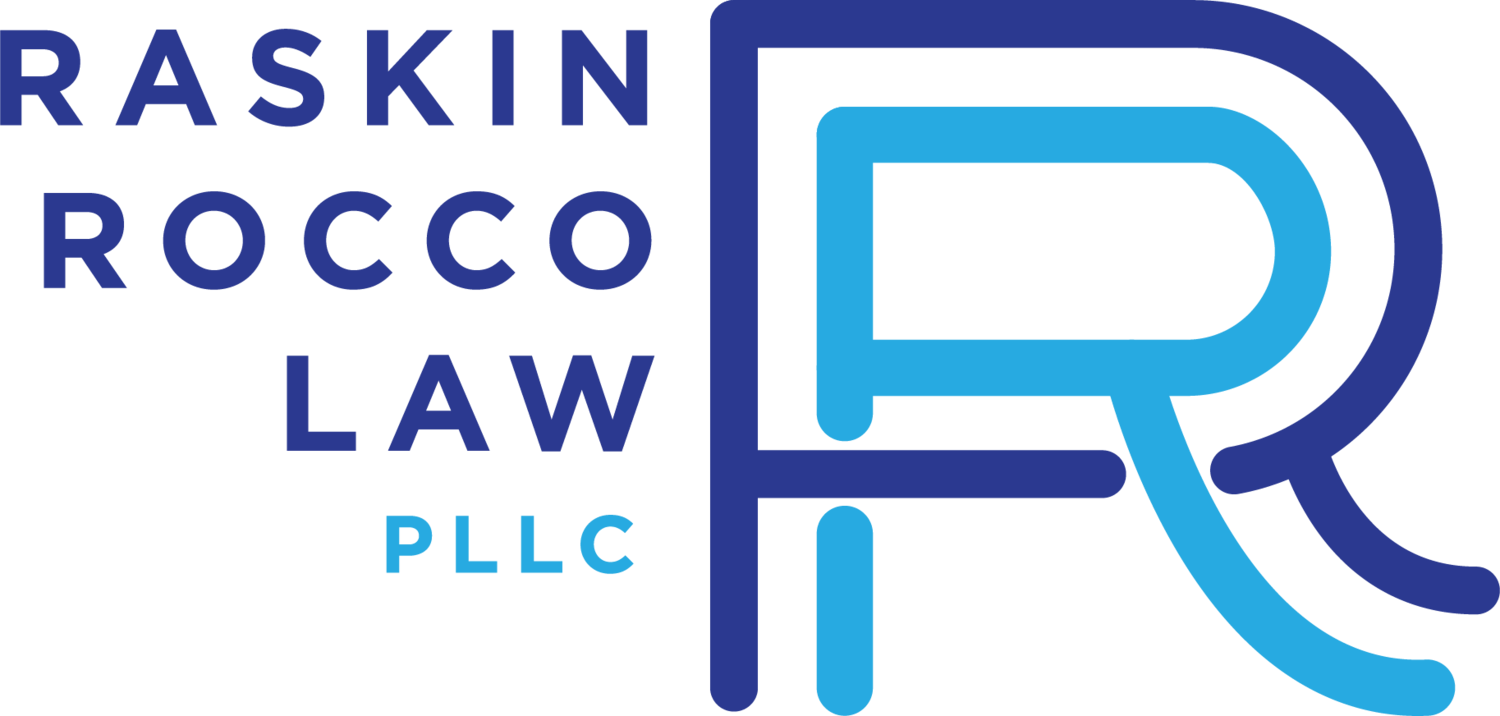Our Areas of Practice
Estate Planning
No matter your financial situation or your age, it is extremely important to have a will in place to direct how you would like your property and assets to be distributed upon your death. If you have minor children , your will designates your children’s guardian in the event that both parents should die. Without a will, your estate could go to someone you did not choose and your children may become the subject of a court proceeding for guardianship.
In addition, it is also important to designate someone who, during your lifetime, could make medical decisions for you should you become unable to do so, as well as an agent to make financial decisions on your behalf.
An estate plan may include one or more of the following documents:
• Last Will and Testament
• Revocable Trust
• Irrevocable Trust
• Durable Power of Attorney and Statutory Gift Rider
• Health Care Proxy and Living Will
Elder Law
A proper estate plan set up in advance will strive to preserve and protect your assets and minimize the financial effect to you, your spouse and your descendants should either spouse become unable to care for themselves or face a catastrophic illness. With the proper plan in place, your family member may be eligible for Medicaid benefits to cover the cost of care, either in the home or in a skilled nursing facility.
Estate Administration
Upon death, if a decedent owned assets in their name alone without a designated beneficiary, in order to collect those assets for distribution to the heirs or beneficiaries a proceeding in Surrogate’s Court will need to be commenced. If a decedent had a will, a probate proceeding is necessary to appoint the nominated executor as the legal representative for the estate. If a decedent died without a will, an individual will need to be appointed by the court as the administrator of the estate. It is important to have assistance in navigating the court process for the appointment of a legal representative who will then marshal the estate assets, pay the decedent’s debts and distribute the remainder to the beneficiaries of the estate.
Special Needs Planning
Parents who have a child with disabilities face many challenges in planning for their child’s future needs. A Supplemental Needs Trust, established either under a will or during life, will preserve the child’s eligibility for public benefits, whether that be Medicaid Supplemental Security Income (SSI) or any other program, and provide “supplemental” assets available to pay for anything that public benefits won’t pay for.
Guardianship
An adult may become unable to make decisions for themselves as a result of an injury or an illness. With proper planning in advance, specifically before a senior begins to need help with some decisions, a guardianship proceeding may be avoided with a power of attorney appointing an agent for financial decisions and a health care proxy appointing an agent for medical decisions. If these documents are not in place or are not sufficient or reliable, an Article 81 guardianship proceeding in Supreme Court may be appropriate.
When a child reaches the age of 18, the State of New York assumes they are legally competent to make their own financial and medical decisions. When an intellectually or developmentally disabled child who is not able to make decisions on their own reaches the age of 18, an Article 17-A proceeding in Surrogate’s Court for the appointment of a guardian over the person and possibly the property may be appropriate. A certification of the child’s disability from a physician and a psychologist or two physicians is required, as well as a vetting of the proposed guardian(s) and any other person residing in the household over the age of 18.
